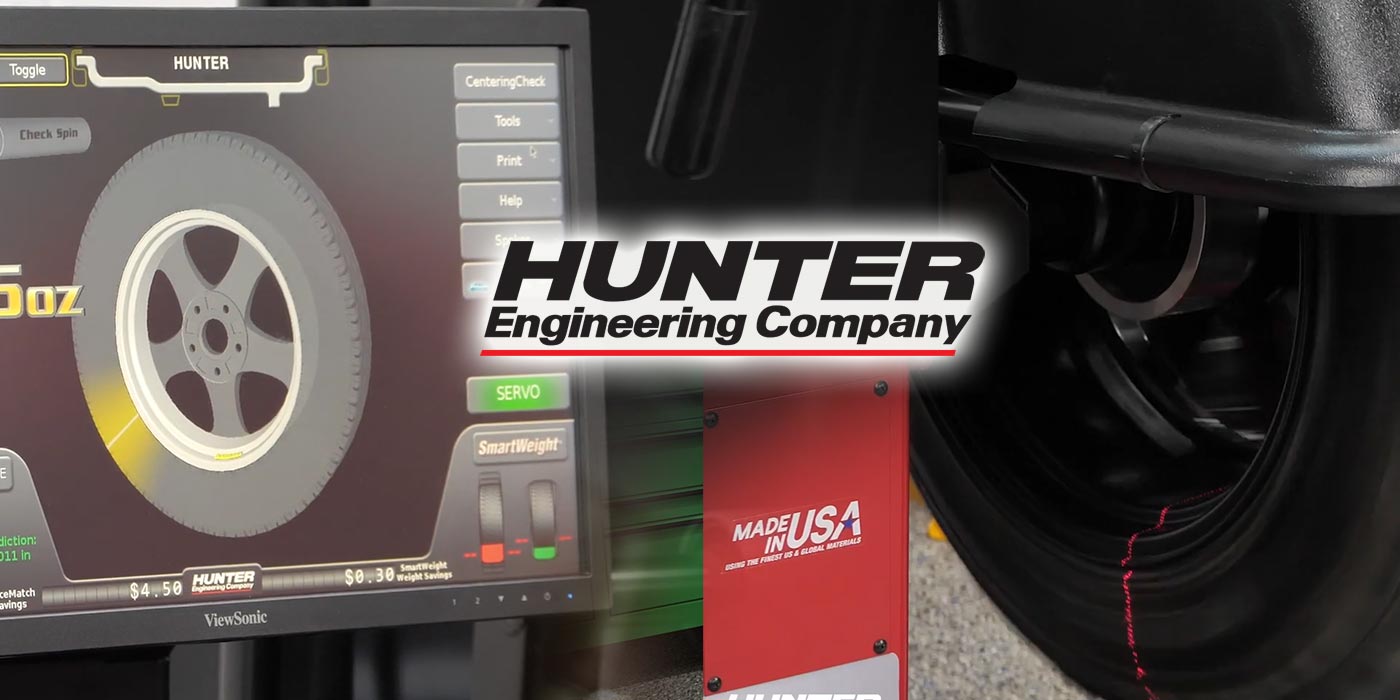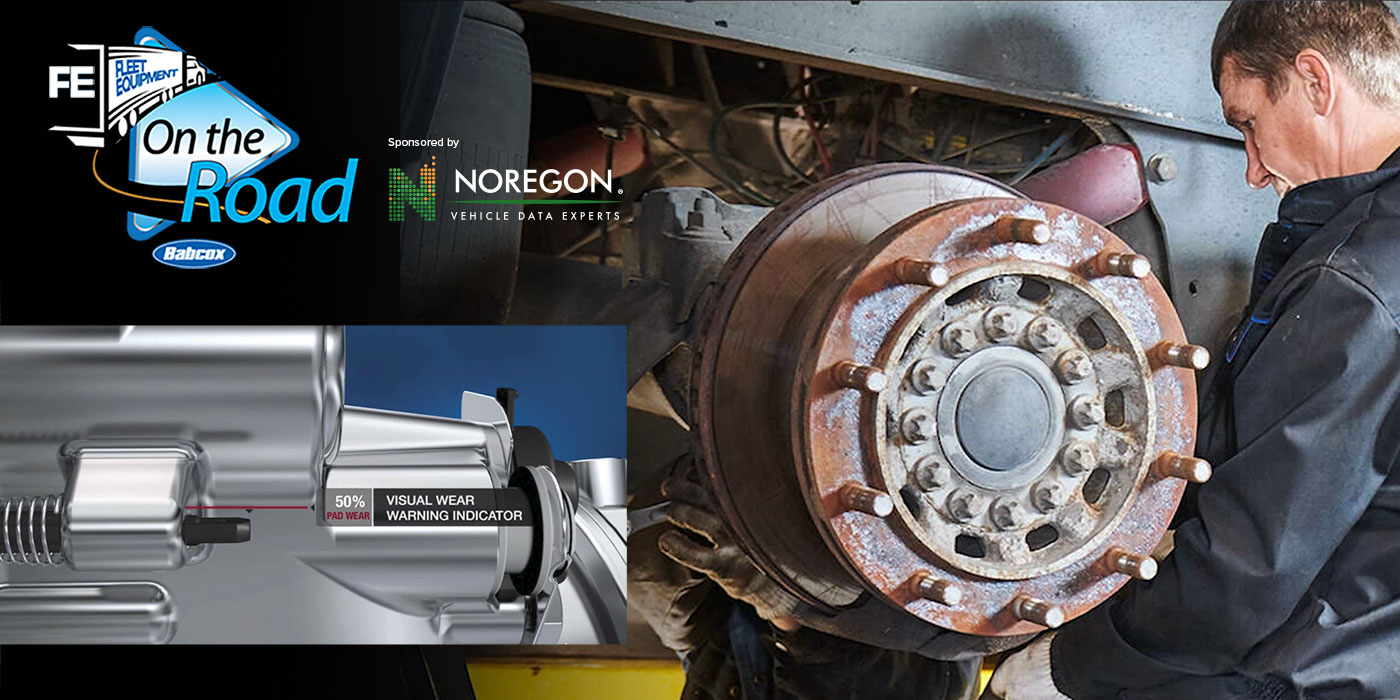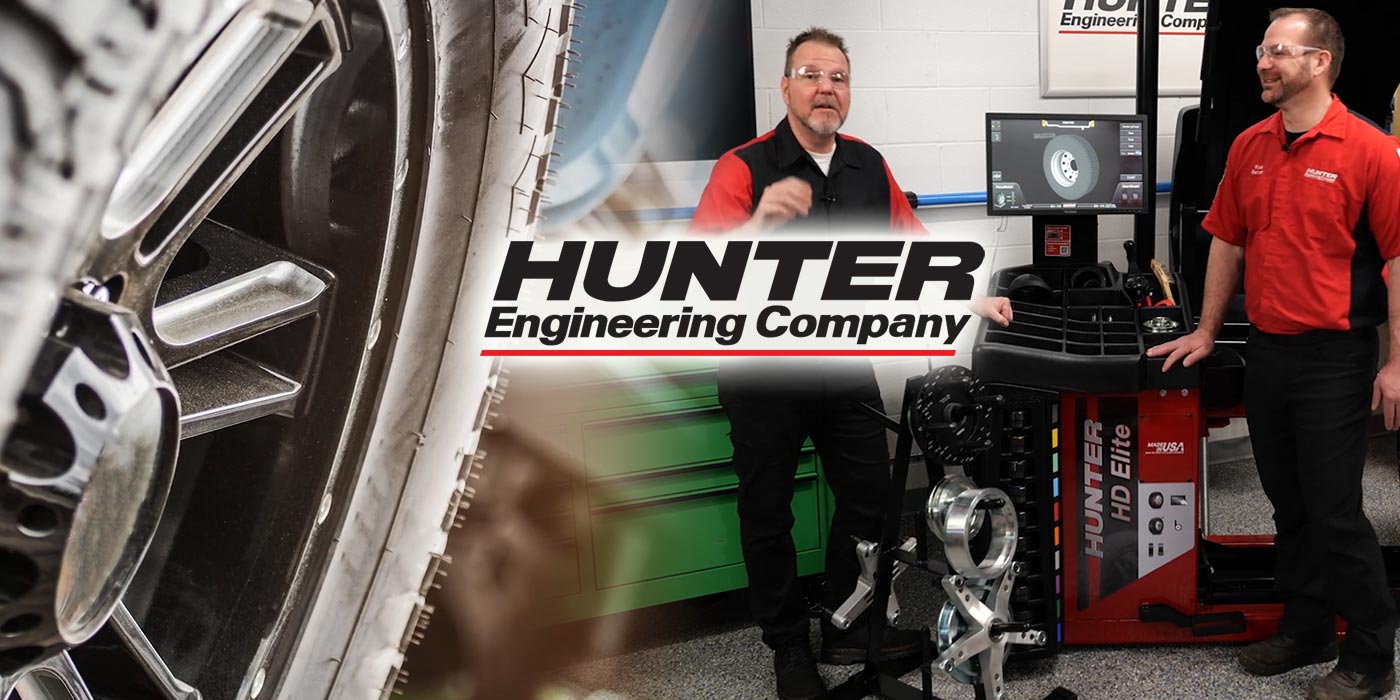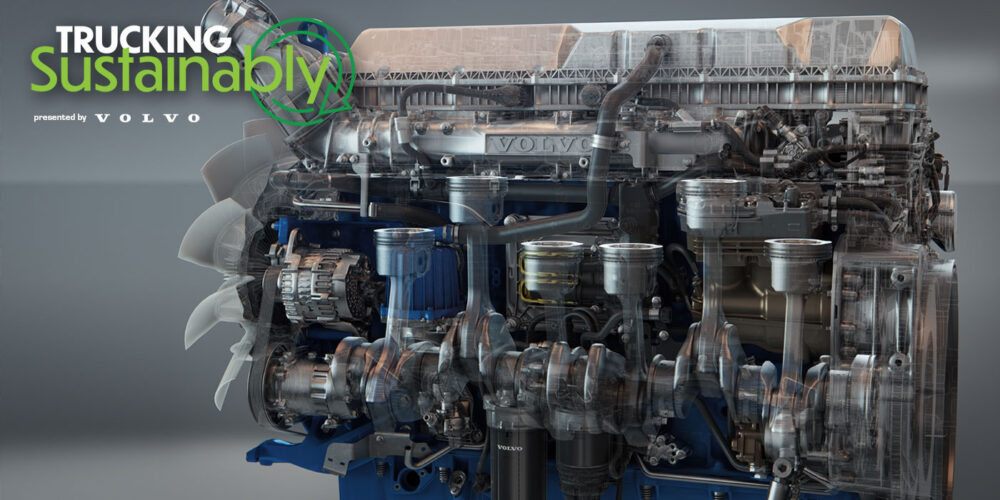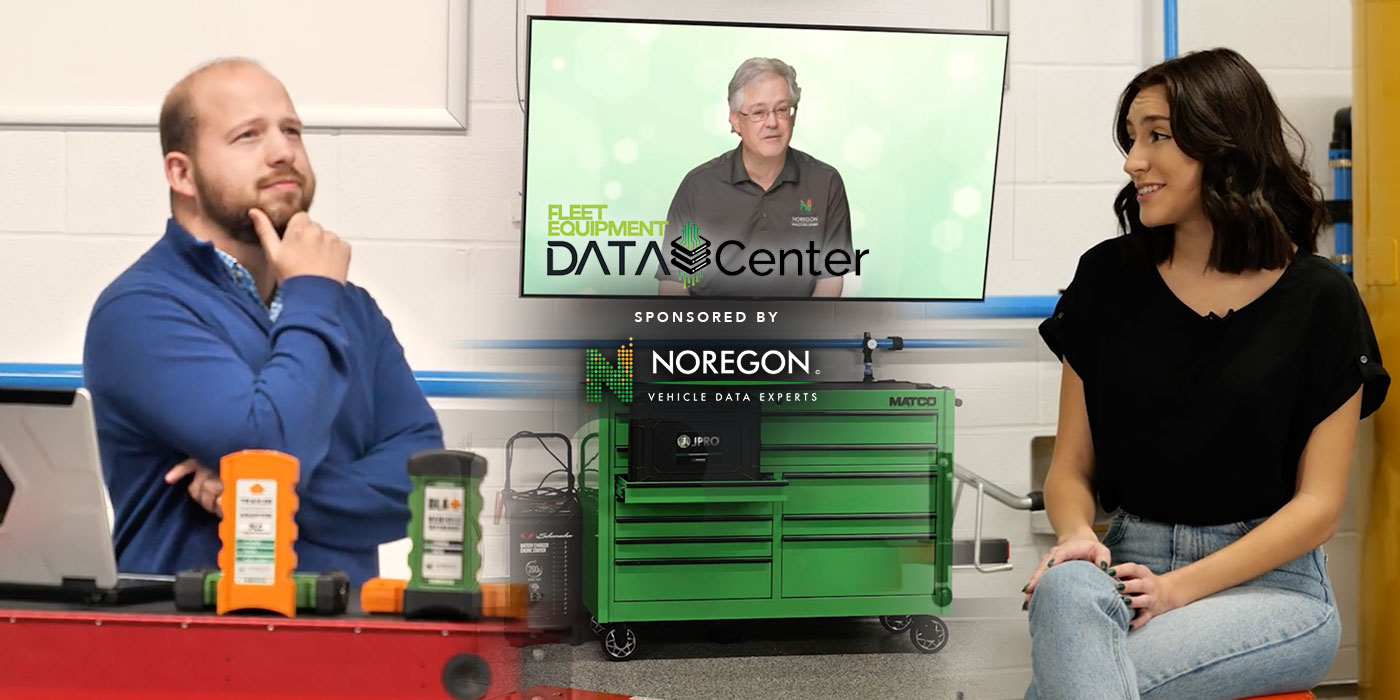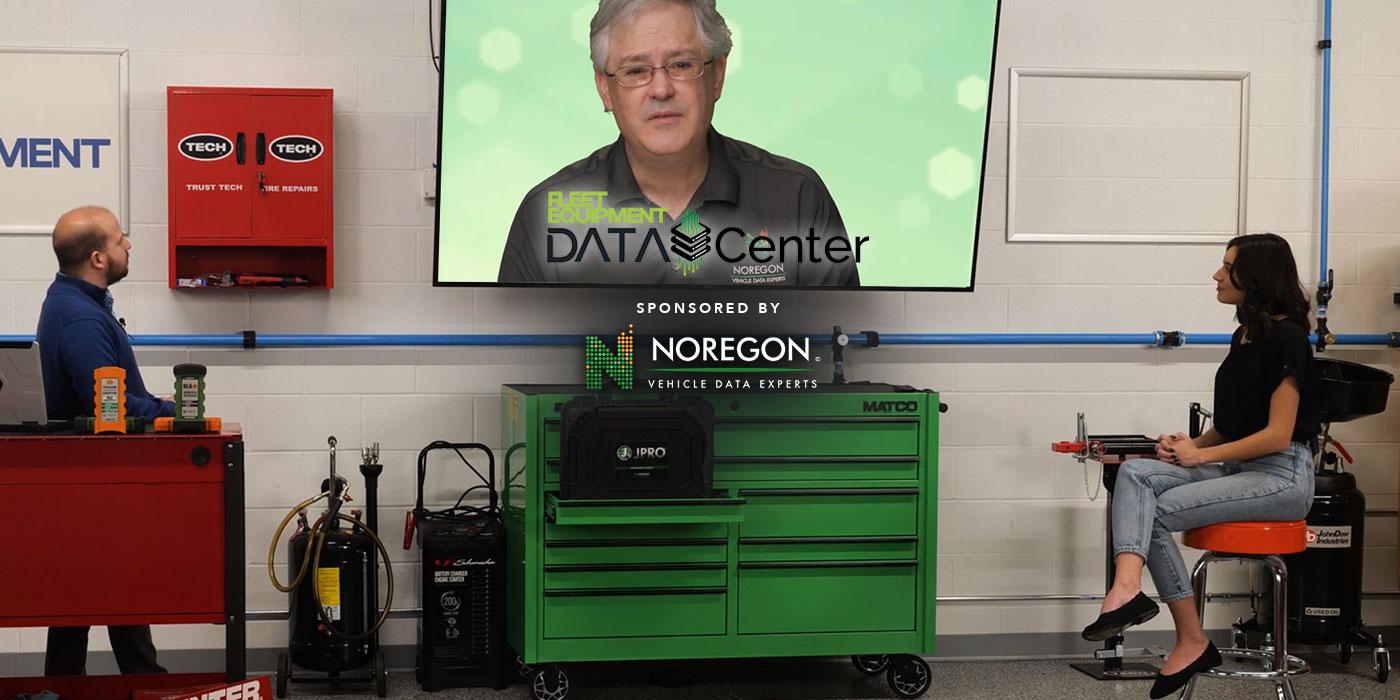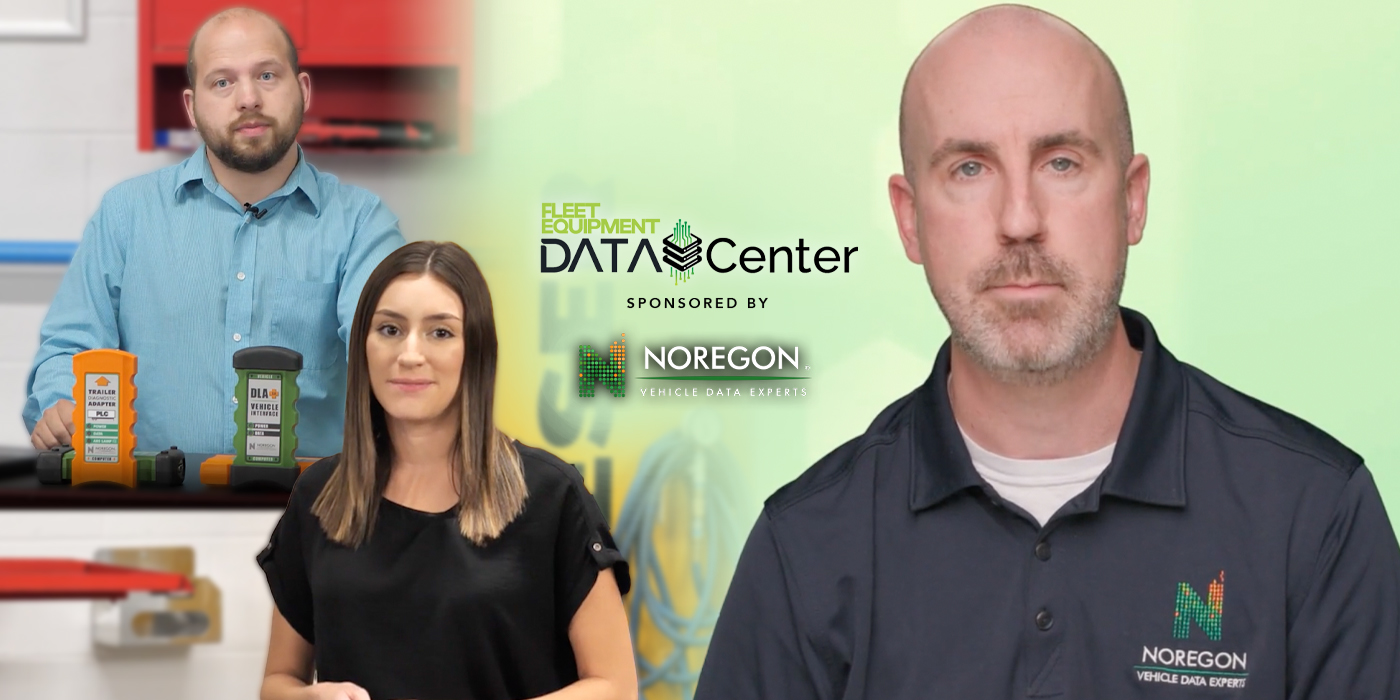The first and most important thing that heavy-duty technicians need to understand is the tools used in the shop. Today’s tools need to be standalone solutions for day-to-day use but also integrate with OEM applications for increased functionality. The best of these tools will make technicians more efficient by providing rapid diagnostics and pertinent service information for assistance with repairs.
They should be quick to hook up to a vehicle and provide a majority of the features within one or two screens. The most useful tools will be routinely updated with added features and expanded coverage to ensure that the technician can continue to work on the latest components.
In addition to a diagnosis and repair solution fleets should also equip tools with adapters that allow technicians to work on all vehicles regardless of age. Modern adapters work with the latest protocols while remaining backward compatible for older vehicles.
Once they’re comfortable with the tools you use in your shop, you’ll want to keep their truck service education going. And that means hands-on training and leveraging the latest in video to help make it happen. For more truck technician training tips, watch the video above that includes insight from Talon Thomas, product management, technical engineer, Noregon.
Fleet Equipment’s Data Center is sponsored by Noregon. Subscribe to our newsletter to catch every episode as we’ll be diving into use cases, talking with the data pros and making data usage approachable.

